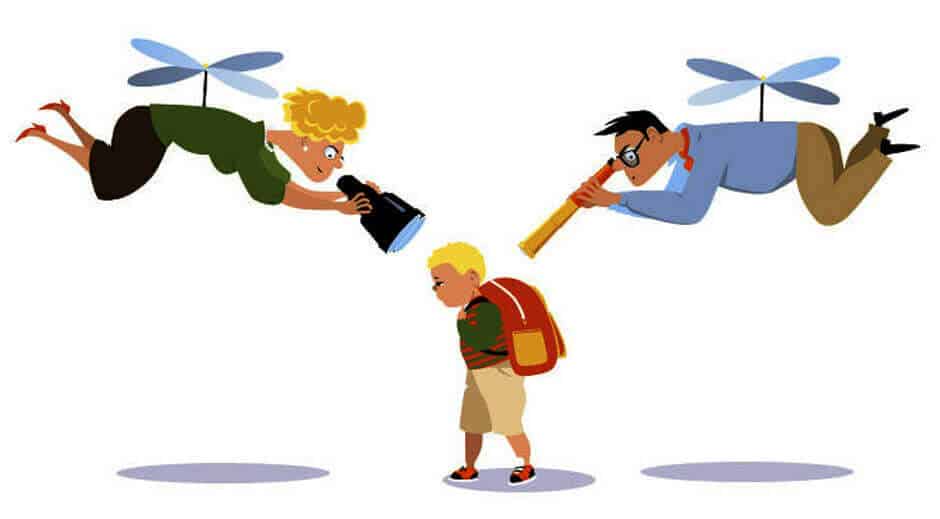Have you ever seen any parent who seems to be hovering over their children and getting over-involved with their life? Yes, they are helicopter parents! These are the kinds of parents who tend to overprotect, overindulge, over perfect, and over-control their children.
A helicopter parent refers to the parents who pay over-attention to their children’s experiences and problems. Although the definition originally surmised the practice of parents getting involved with children’s education institutions, hover parenting is often seen to be prevalent throughout the infancy. These parents constantly shadow their children by directing how and what they play with.
The term “helicopter parent” refers to the word helicopter, because like helicopter they hover overhead. It was first used by Dr. Haim Ginott’s in his 1969 book Between Parent & Teenager. The other terms similar to helicopter parenting are “lawnmower parenting“, “cosseting parent” and “bulldoze parenting“.
The tendency to over involve with children’s life continues to grow when the children first enter elementary school. The parents may ensure that their child gets certain teachers, friends, activities, and attention.
Experts believe that the adults who felt unloved or neglected as children often become helicopter parents to overcompensate with their own children. Also, the motivation comes from the parents’ concern that their child might come to harm or not succeed in the future.
Why Do Parents Hover?
There are many reasons for parents to start imposing themselves on their children. From picking the right cloth to certain friends, and school or curriculum, parents often get overinvolved with their children’s life decisions. Although it may help the kids to make better decisions, it will make them dependent on their parents to make every decision even after they have graduated from college.
A study from Florida State University in 2019 found that kids who had helicopter parents were more likely to experience burnout from schoolwork, and they had a harder time transitioning from school to the real world.
1. Fear of dire consequence

Hover parents fear that their children will turn out to be unsuccessful. Moreover, parents fear that their children will face other short-term problems such as low grades, rejection from the school sports team, or friends if they do not intervene. The feel of being there and doing more to help often make parents obsessed with their children.
Deborah Gilboa, M.D., founder of AskDoctorG.com, suggests that the consequences these parents are trying to prevent are actually live-saving skills that children learn from their own experiences.
2. Feelings of anxiety
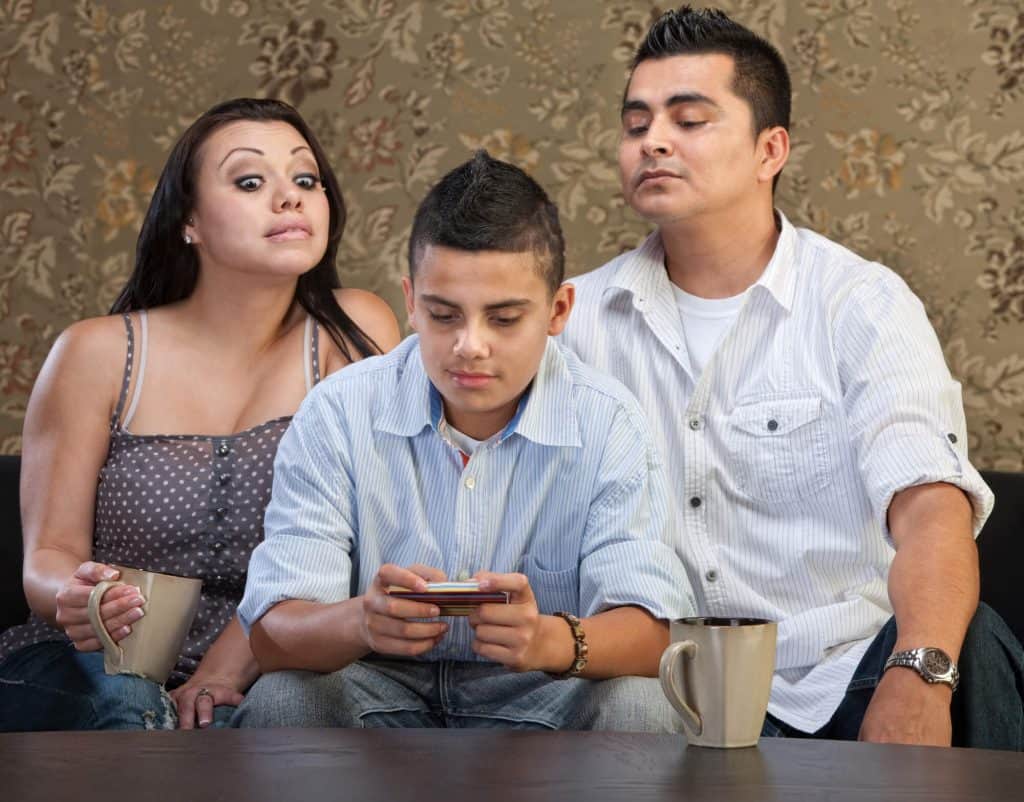
No parents would ever want their children to face the harsh realities of life. When it comes to facing dire consequences such as lack of job in the market, increasing home foreclosure, and rising crime rate, parents want to take more control over their children’s lives so they can protect them. However, this will make their kids dependent on their parents whenever the things turn sour.
3. Overcompensation
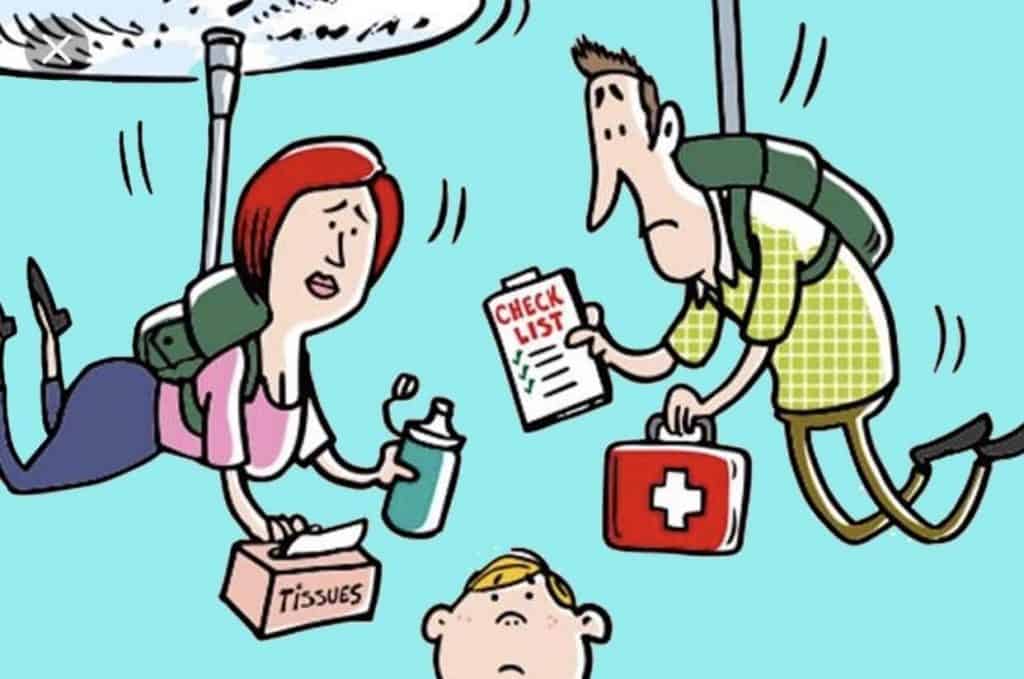
As mentioned before, the adults who have felt unloved, neglected, or unprotected as children often overcompensate with their own children. The excessive attention and love come from their bitter past experiences. Parents who have faced abandonment issues often feel the need to be overprotected with their own children.
4. Peer pressure from other parents

When parents see other parents getting involved with their children during school sports, annual days, or other events, they feel the need to become overinvolved too. Seeing other parents trigger a similar response to them hence they start feeling the pressure to become overindulgent with their children’s life. Often parents consider themselves as bad parents if the children falter or fail at some point in time.
The Effects of Helicopter Parents
As mentioned before, the lifelong effect of helicopter parenting often leaves children dependent, unfulfilled, or scared of different scenarios. Although parents start hovering with good intentions, they soon become overindulgent and start dictating their children’s lives in their terms.
The effect of helicopter parenting is divided into five different factors.
1. Decreased confidence with self-esteem
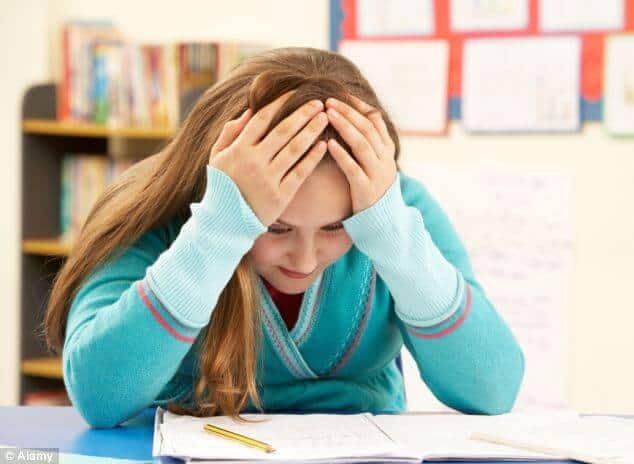
The children who come from the house where parents often hover over their kids face the conditions of decreased confidence and low self-esteem. They may start feeling that they couldn’t succeed without the help of their parents. The over-involvement of the parents, in turn, leads to a lack of confidence and self-esteem in children. It is also one of the biggest backfires of helicopter parenting.
2. Undeveloped coping skills
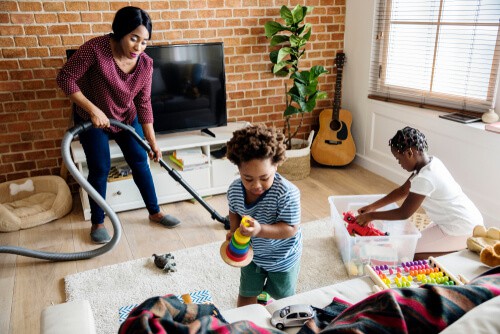
These children often lack essential skills to cope with difficult situations. Most of the time, they may feel incomplete and underprepared to make life-altering decisions such as what university to go to, what job to apply, if they should move out of the state, etc. Helicopter parents always clean up their child’s mess or prevent it from happening in the first place. Without any experience of dealing with their own problems, children feel underdeveloped to cope with difficult situations.
3. Increased anxiety
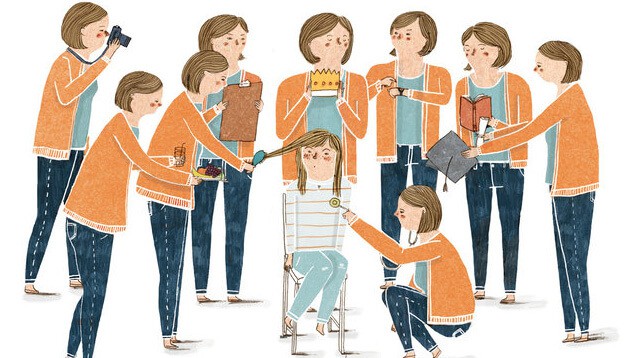
The condition of increased anxiety is present in both children and parents. Over-parenting is often associated with higher levels of child anxiety and depression. Helicopter parents often suffer from anxiety disorders because they feel the need to be with their children all the time.
4. Sense of entitlement
Children who grow up to become adults with their social, academic, and athletic experiences adjusted by their parents all the time often develop a sense of entitlement. The sense of entitlement often hampers the new relationships from growing stronger.
5. Undeveloped life skills
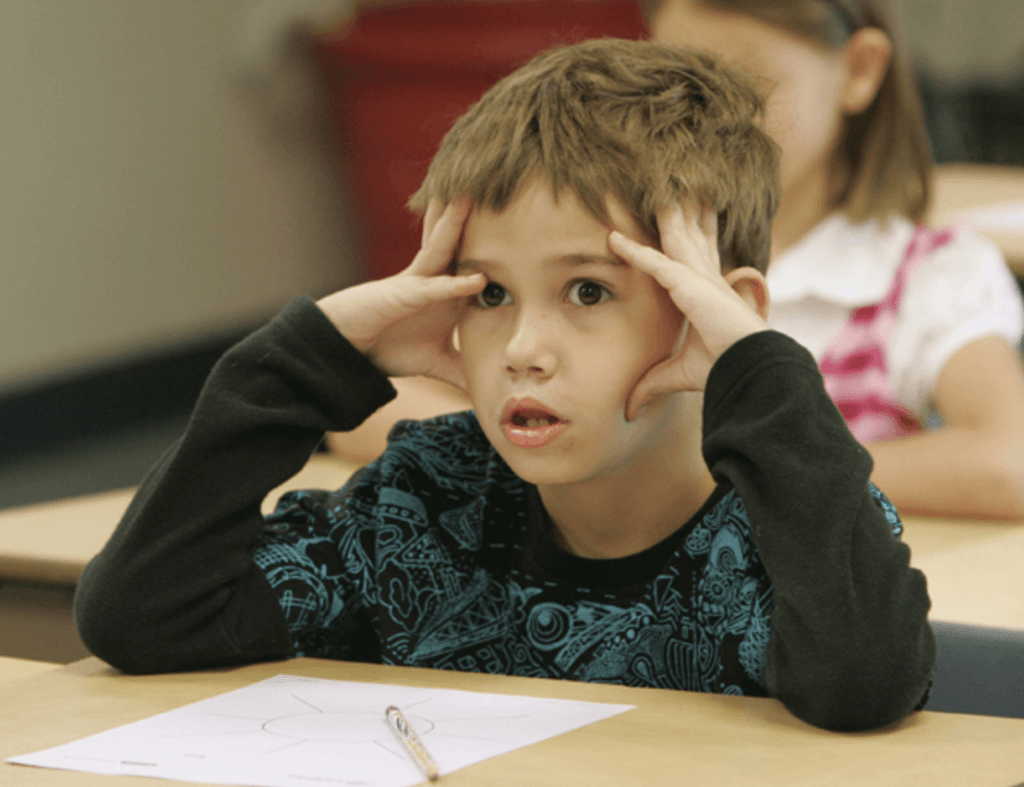
Kids learn life skills since infancy. Most of these skills such as tying shoes, clearing plates, or washing clothes are often taught by parents, teachers, and mentors, while other essential life skills come to them by themselves. When parents do everything for their kids even after they have become mentally and physically capable of doing their own task, it prevents them from learning these skills.
How to avoid Helicopter parenting?
In opposition to helicopter parenting, experts suggest that parents should start being more engaged with their children by reading together, use time-outs correctly, being consistent with the parent-teacher meeting, sporting events, and annual days, or going on a holiday, and playing together.
So you can try the authoritative parenting style and try positive discipline if you want to be a better parent.
Engaged parenting applies almost every that helicopter parenting does, however, engaged parents do not hover over their kids but simply engage and assist whenever needed.
Parenting must include feelings of love and acceptance, better self-confidence, and opportunities to thrive. However, they shouldn’t let themselves be governed by fear that they might turn out to be bad parents.
The best thing parents can do is provide engagement and attachment to their children. They should fulfill the emotional, social, physical, and intellectual needs of the child while providing plenty of autonomy and independence to make life decisions.
Helicopter parents in today’s society are often identified and addressed by the teachers and mentors who discourage them to get over-involved with their children’s academic life. We all have heard helicopter parents’ stories at some point in time and came to the conclusion that when we become parents we will never hover over our kids.
